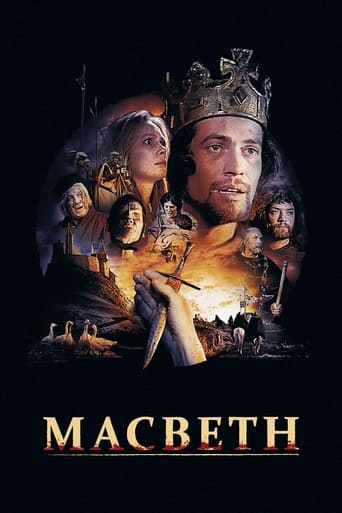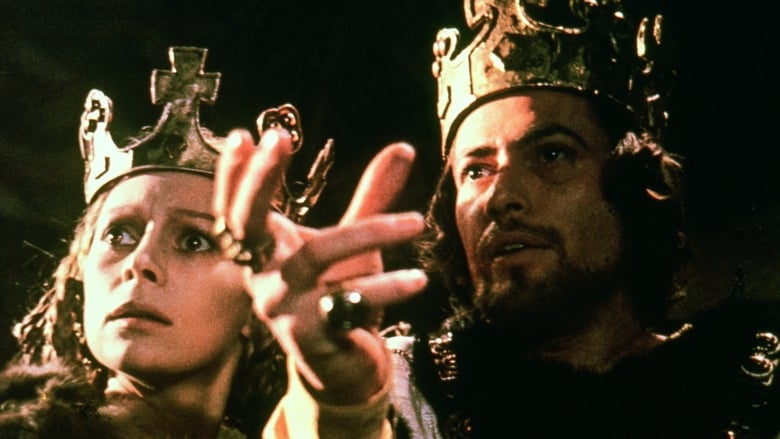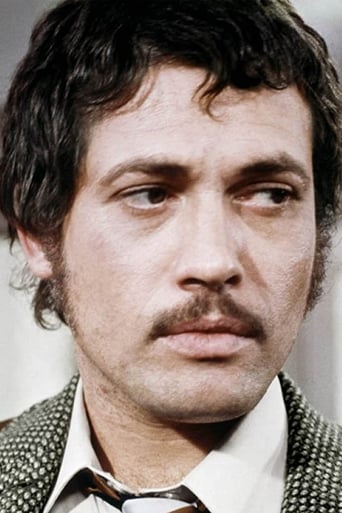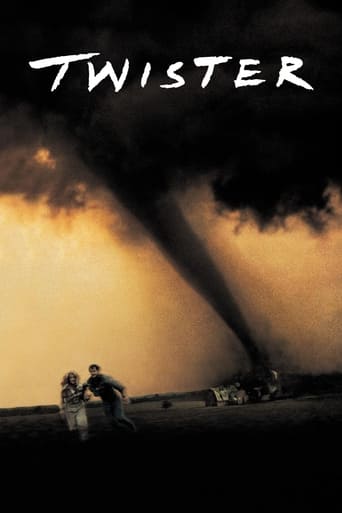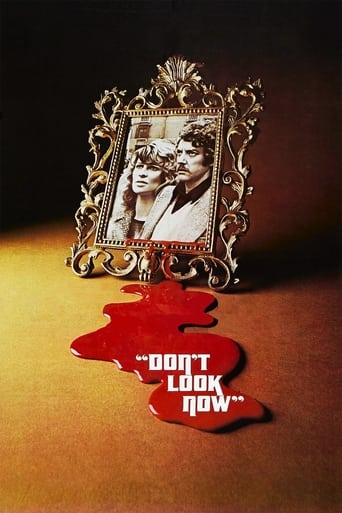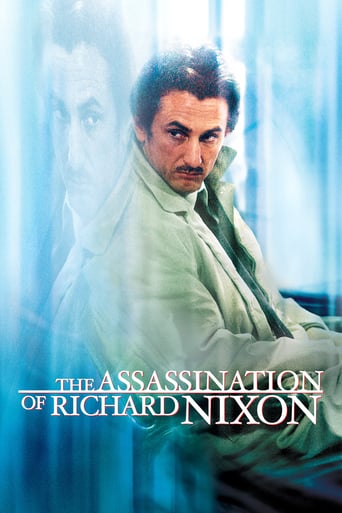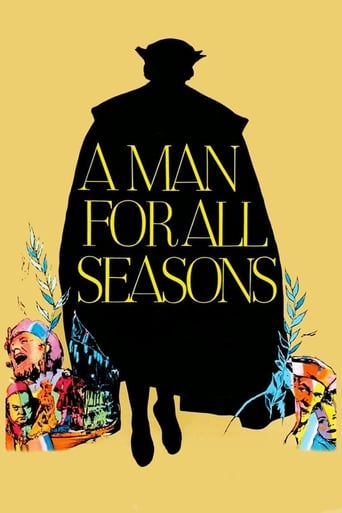Macbeth (1971)
Scotland, 11th century. Driven by the twisted prophecy of three witches and the ruthless ambition of his wife, warlord Macbeth, bold and brave, but also weak and hesitant, betrays his good king and his brothers in arms and sinks into the bloody mud of a path with no return, sown with crime and suspicion.
Watch Trailer
Cast


Similar titles
Reviews
Sadly Over-hyped
best movie i've ever seen.
It's a movie as timely as it is provocative and amazingly, for much of its running time, it is weirdly funny.
A terrific literary drama and character piece that shows how the process of creating art can be seen differently by those doing it and those looking at it from the outside.
Macbeth (1971) *** 1/2 (out of 4)Three witches see Macbeth (Jon Finch) becoming King and this along with the help of Lady Macbeth (Francesca Annis) inspires him to do just that. After assassinating the King, Macbeth slowly rises to the top but once there he has only one place to go.Many people consider Roman Polanski's MACBETH to be the greatest version of that classic play. It has been told dozens of times on the screen but it seems most point to this version as the greatest. There's no question that it's a visually stunning picture that manages to be realistic in regards to its graphic violence but it also does the hardest thing that any Shakespeare adaptation could do and that's appeal to those who normally wouldn't enjoy Shakespeare.I think it has to be pointed out that this here was Polanski's first movie after the murder of his wife Sharon Tate and their unborn child. It's certainly fair to say that the brutality of that crime played its way into this film as there are some really graphic scenes of violence here. I'm not sure how true it is but apparently the director referred to the Manson murders when people commented that this film was too bloody. These scenes of violence is where the film truly comes to life because they are extremely believable and realistic and especially when you consider this was made in 1971.The film is technically flawless as the cinematography, the score and all technical sides have no issues. I'd also say that all of the performances were wonderful. This is especially true with Finch who just keeps getting better and better as the picture goes along and he's able to get into the mental condition of the character. The assassination of the King and the aftermath is certainly the greatest part in the film and one could argue that it's one of the greatest scenes from any Shakespeare movie.
The Tragedy of Macbeth--shown in the U.S. as Macbeth (1971)--was scripted and directed by Roman Polanski. Shakespeare's great play can be readily adapted to the screen, but it takes a master director like Roman Polanski to bring something more to what Shakespeare has written.Polanski has done some obvious things--opened up the play with vast, gloomy vistas along the coastline and the heath, and expanded the fight scenes. However, he's done some unpredictable, creative things as well. For example, the scenes with the "weird sisters" and their coven are brilliant. The scene of the murders at Macduff's castle are horrifying, and probably inspired by the brutal murder of Polanski's wife Sharon Tate by the Manson gang.Many directors can depict medieval scenes with the requisite mud, filth, and primitive objects. But, in my opinion, Polanski is a genius at this. The settings don't look carefully created with just the right amount of mud, animals, and slop. They look as if they exist in reality, not just for the purposes of the camera. This realism really worked for me, and enhanced the plot and the acting.The acting is excellent--especially by Jon Finch as Macbeth and Francesca Annis as Lady Macbeth. (Annis performed the sleepwalking scene in the nude, which was considered noteworthy in 1971, but appears pretty tame in 2014.)Special note: Paul Shelley plays Donalbain, King Duncan's younger son. Donalbain disappears from Shakespeare's play after Duncan's murder. Polanski depicts Donalbain as having a pronounced limp. Polanski did this for a reason, which will become clear when you see the movie.We saw the film on Criterion DVD, where it worked well. However, if you can see it in a theater, it will be even more rewarding.
Annis's interpretation of Lady MacBeth should be understood as Polanski's interpretation of his late wife, Sharon Tate. In his interpretation of the MacBeths, Polanski sees MacB as a man who has married slightly above his station to the most beautiful woman in Scotland. Note that other characters, especially King Duncan are wholly besotted with her. In medieval times it was generally accepted that beauty was NOT SKIN DEEP and that any ugliness on the inside would manifest on the outside.The drawback is that MacBeth, while a terror in battle, has few social graces and the VIPs who come to visit really only come by to ogle his perfect wife. The wife, however, is manipulatively passive-aggressive and socially ambitious. Having come down in station to marry him, she is eager to find some way to re-ascend. MacBeth is frightful of losing her since she is the one thing he has that his superiors envy. Once her husband is finally the King, Lady MacBeth realizes she is no longer his top asset, and, though he undoubtedly loves her, she can no longer manipulate his sense of social inferiority.
To say that this adaptation is a bit of a bloodbath is a bit of an understatement, but you cannot deny that this film from Roman Polanski is quite possibly the definitive film version of Shakespeare's play, which is very complicated to even contemplate transcribing to screen. The cinematography is excellent, as is the script. It is true that there are a lot of disturbing scenes, chiefly Lady Macbeth's nude sleepwalker scene and King Duncan's death. Roman Polanski should be commended for how much he managed to get into the film, and he somehow made it all effective. Any scene with the three witches, the murder of Macduff's family, plus the part when Macbeth sees Banquo's ghost was very well done.(I saw an amateur production of this, and not only was it disappointing, but that particular scene was the worst aspect of it) The performances were brilliant, Jon Finch(who did start off uncomfortable) is great on the whole as the treacherous thane-turned-king, and Francessca Annis was nigh-on-perfect as Lady Macbeth. And Martin Shaw was excellent as Banquo. From the suitably eerie opening scene, to the superb climax, this is a near-perfect adaptation, there were just some bits that were really disturbing to watch, that deserves more recognition. 9/10 Bethany Cox

